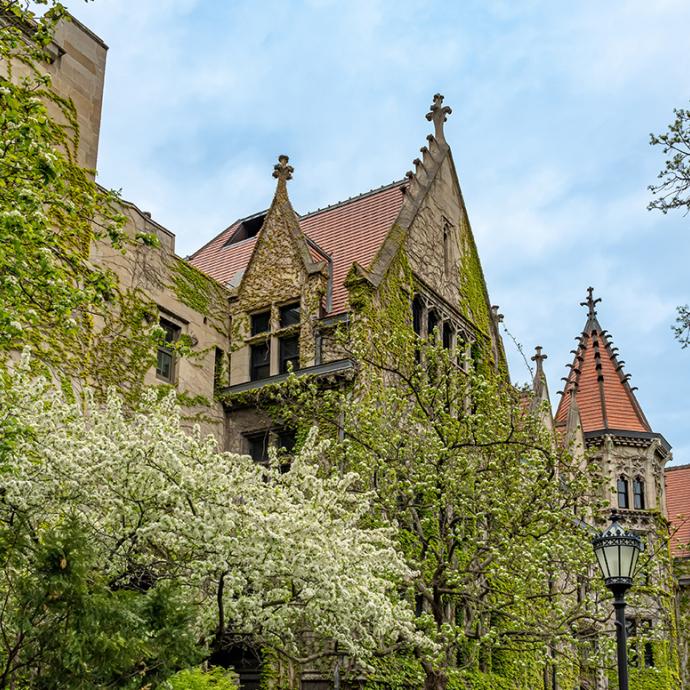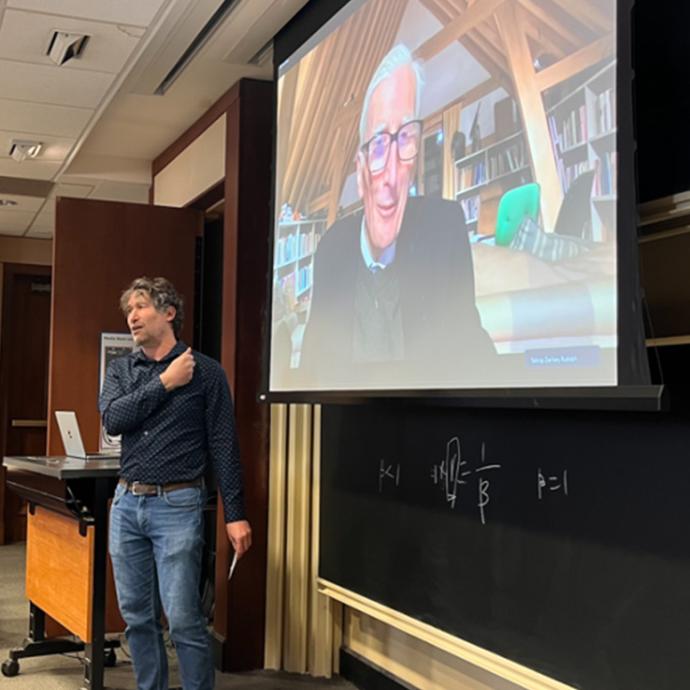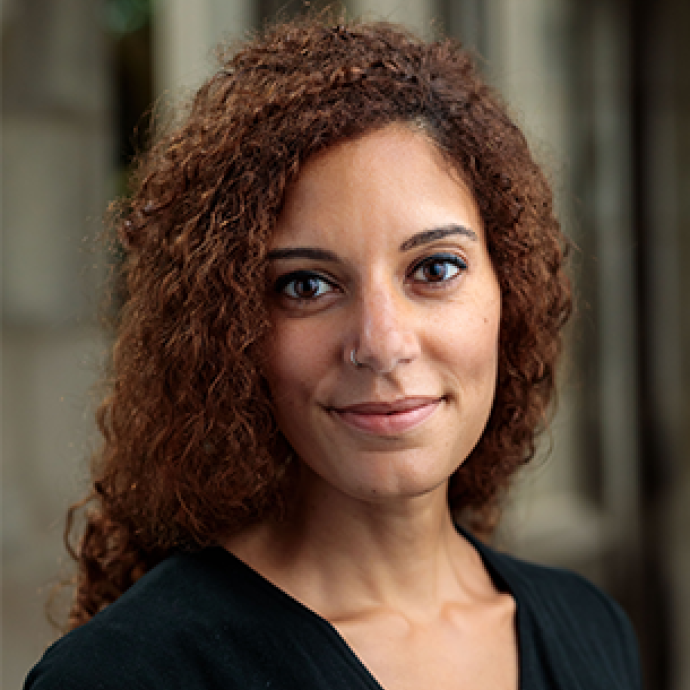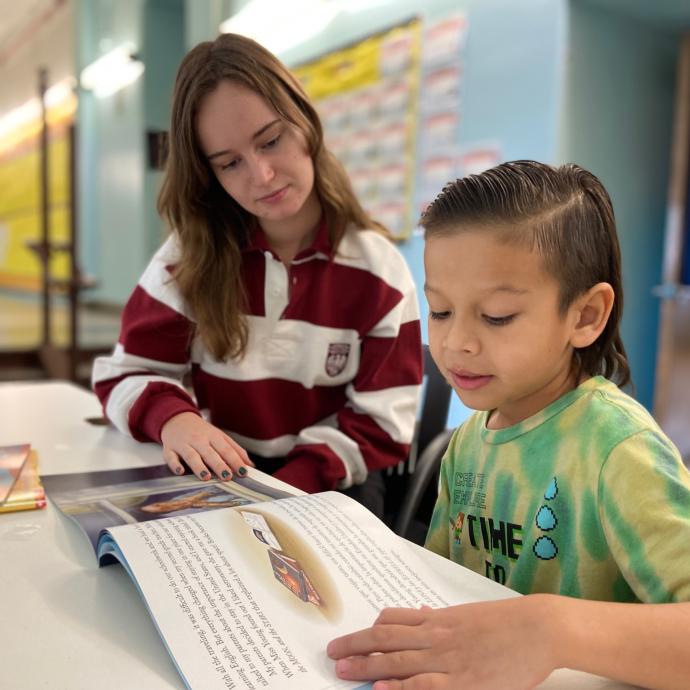Reflections on Latin American Studies, 1968-2008
A public discussion on the legacies and futures of Latin American Studieswith Dain Borges, John Coatsworth, and Friedrich Katz
- Friday, November 7th , 20086:00pm-7:30pmThe Quadrangle Club1155 E. 57th StreetChicago, IL 60637
The scholarly study of Latin American dates to the eighteenth and nineteenth centuries. From the scientific studies of Alexander von Humboldt, to the political manifestos of Francisco de Miranda, Juan Pablo Viscardo y Guzm'an, and Simon Bolivar, to the poetic and journalistic writings of Andr'es Bello, there emerged an appeal for the interdisciplinary and comparative study of the social and natural histories, cultures, and politics of Latin America. By the late nineteenth and early twentieth centuries, intellectuals such as Jos'e Mart'i and Jos'e Enrique Rod'o were encouraging active engagement with a Latin American consciousness.
In the United States, Latin American Studies, like other area studies, fully emerged following the 1958 passage of Title VI of the National Defense Education Act, which provided universities with resources to build and institutionalize Centers of regional expertise. By the late twentieth century and early twenty-first century, as some questioned whether the area studuies model had become intellectually bankrupt in a globalized world, others argued that interdisciplinary, descriptive research of the type that gives deep historical perspective and specialized knowledge of other cultures, regions, and traditions, is precisely what is needed from the academy.
In commemoration of the 40th anniversary of the University of Chicago Center for Latin American Studies, come join some of the most influential Directors of Latin American Studies programs in the United States as they discuss the legacies and futures of Latin American Studies, "Reflections on Latin American Studies, 1968-2008."










 —Prof. Chuan He
—Prof. Chuan He
